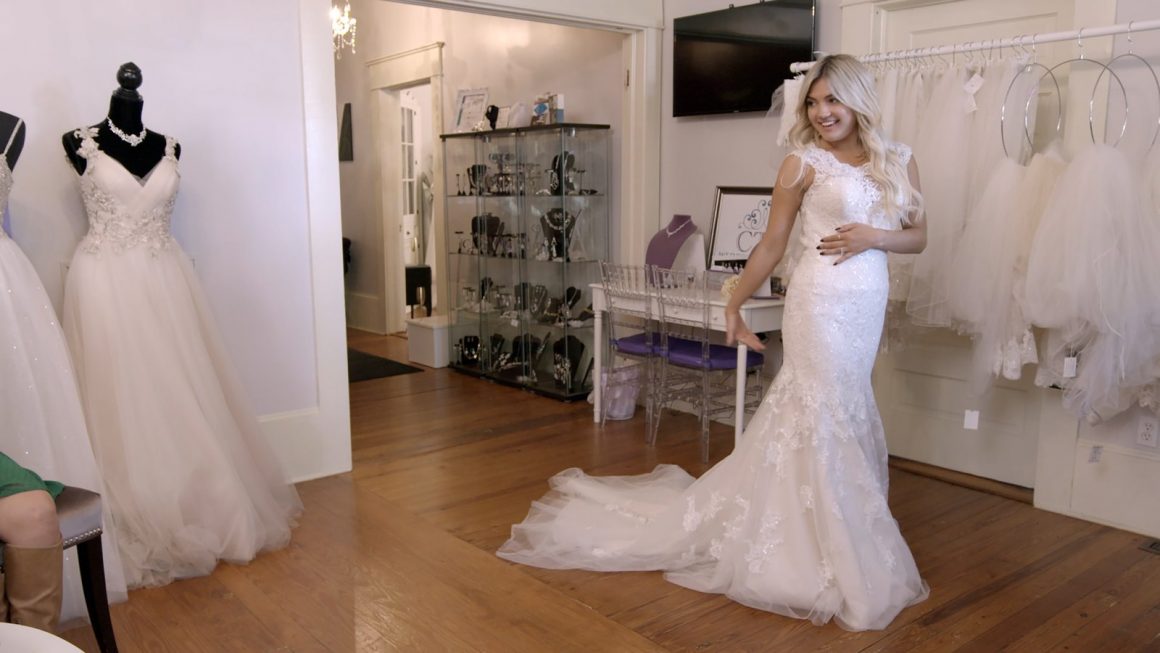
Love Is Blind, but so are they
By Cheyanne Lemaire, March 12 2020—
The number one television series in Canada right now on Netflix is Love is Blind. This series analyzes how modern-day love is centered on lookism. Lookism is the act of judging another solely based on their physical features. Dating apps such as Tinder, Bumble, Plenty of Fish and many more allow members to base their potential lovers on their looks alone. It is so easy to just swipe through faces and if it’s a match, great! The issue not many realize is how superficial it all is and we question why these relationships rarely work out. Love is Blind conducts an experiment to see if people can indeed fall in love without ever seeing their partner. The only thing that makes it even more interesting and different is they must agree to marry before meeting each other.
The experiment has multiple stages that test the couples on how much they are dedicated to their partners before and after seeing them for the first time. At first the women and men are separated with different living quarters and only ever meet in isolated pods. As the only relationships explored are heterosexual, the pods are set up so the man is in one pod by himself and the woman is in a pod of her own that is connected to the man’s by a thin wall. They are able to hear each other clearly and can talk for a set amount of time. This portion of the experiment is set up to be like speed-dating so everyone can meet each other.
The show focuses on seven couples from their first ‘date’ to the end of the experiment. The dating has some freedom — many people left their dates immediately, some were drawn together, some were still playing the field with many potential fiancés. After a few dates — anywhere from four dates in the pods to nine — these couples agreed to get engaged.
The rest of the experiment focuses on the ups and downs of the building and destruction of the engagements. After the couples meet each other, they are all sent on a romantic getaway at the same resort where they deepen their physical relationships. Then they move in with each other, meet the families and live with each other during the planning of their weddings. At their weddings is where they truly decide if they can in fact stay with their partners.
When it comes down to whether or not this series was deserving of the rating it received, I disagree. I don’t agree that they were actually proving anything against lookism because they went to the far end of the spectrum. Dating apps like Tinder focus on physical attraction too much and this series takes it away completely. I do believe that physical attraction does hold some importance in a relationship and one couple proved that.
An observation I took was that the demographic did not help the lookism issue. Most of the people in the experiment were ideally attractive, and all the people that were focused on as couples were attractive to the standards of society. Another fault I saw in the series was that marriage did not need to be added into the story. Marriage itself is a very big step in someone’s life and very stressful to plan and often puts stress on even the strongest couples. It also does not make any logical sense to get engaged to someone after less than ten dates.
The series also focused on a lot of the toxic and unhealthy aspects of the relationships rather than the healthy ones and made minimal effort to encourage healthy situations that can greatly impact the lives of these people. The show did have its strengths where everyone’s devices were taken away during the earlier half of the dating and engagement period. This helped them get to know each other without distraction and the itch for cyber-stalking.
Overall, I believe the series had an interesting point of view on modern dating and gave more attention to the superficiality of online dating in today’s society. Though I think it did more harm than good, some couples made it and are still together today so something must have worked its magic on these couples. The series is worth a watch, but I think you must go into thinking it’s only a television series and not all relationships should be considered this way.
This article is part of our Opinions section and does not necessarily reflect the views of the Gauntlet’s editorial board.
